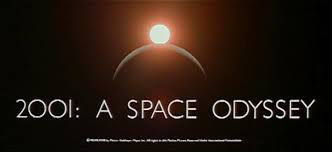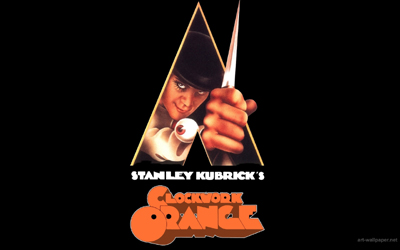

In medias res
The Latin words are a key to Professional Screenwriting
February 27th, 2014
In medias res
It’s a Latin phrase that translates in English as - Into the middle of events. And it’s a phrase all screenwriters should keep in mind when they write. It means:
Get into a scene as late as possible and get out as soon as possible.
Screenwriters who live and write by this rule will speed up the pace of their script, and reach a new level in their storytelling ability.
Why? Because pacing is critical in achieving maximum impact in a story you are trying to tell… and sell.
Skip writing about a character walking through a door and saying hello, and then asking another character whether they’ve had a nice day. At the end of the scene, forget having the characters get up from their chairs, exchange handshakes, and say goodbye to each other.
Just cut to the next scene as soon as possible.
There’s no doubt there’s at least one great filmmaker who ignored this advice and did just fine with his productions. Stanley Kubrick had many non-essential verbal exchanges between his characters as they entered and exited rooms.

2001: A Space Odyssey (screenplay by Kubrick & Arthur C. Clarke, based on several stories by Clarke) and Clockwork Orange (screenplay by Kubrick, based on a novella by Anthony Burgess) are two prime examples of Kubrick’s movies where characters went through the routine of introductions and exits without any obvious narrative payoff.

Kubrick ignored the rule of In medias res purposely to showcase the superficiality of humankind’s emotionless interactions, thereby giving greater force to the scenes of violence in both films.
No doubt both movies cited above are classics, but before you get inspired to do the same, please remember -- Kubrick was the Michael Jordan of filmmaking, a master of his art so great that his achievements will probably never be replicated, not just because he was a talented filmmaker, but also because he created films at a time that now feels light years away from where we are in commercial filmmaking.
The professional screenwriters who master In medias res with their scripts increase the probability their projects will be viewed as a “fast read.”
Make no mistake, this is not faint praise.
In an industry full of people who don’t like to read, saying a script is a fast read is an enormous compliment, and could be the difference between having your script read or not read by a VIP who could get your project produced.
For those who aspire to be professional screenwriters, I totally recommend you keep In medias res in the forefront of your mind at all times.
I could go on and on, but I’ve said what needs to be said.
And now it’s time for me to leave. No need to get up and show me the way to the door.
Just do a hard cut to the next scene.
About the Author
RICHARD FINNEY is a professional screenwriter (a member of the WGA), an award-winning indie film producer, and the author of the amazon best-selling DEMON DAYS thriller novels.
He is the author of 20 RULES OF PROFESSIONAL SCREENWRITING and 19 TECHNIQUES OF PROFESSIONAL SCREENWRITING, the first in a series of e-book primers focusing on the art and craft of screenwriting by working industry professionals.
Only logged-in members can comment. You can log in or join today for free!
Advertisement






